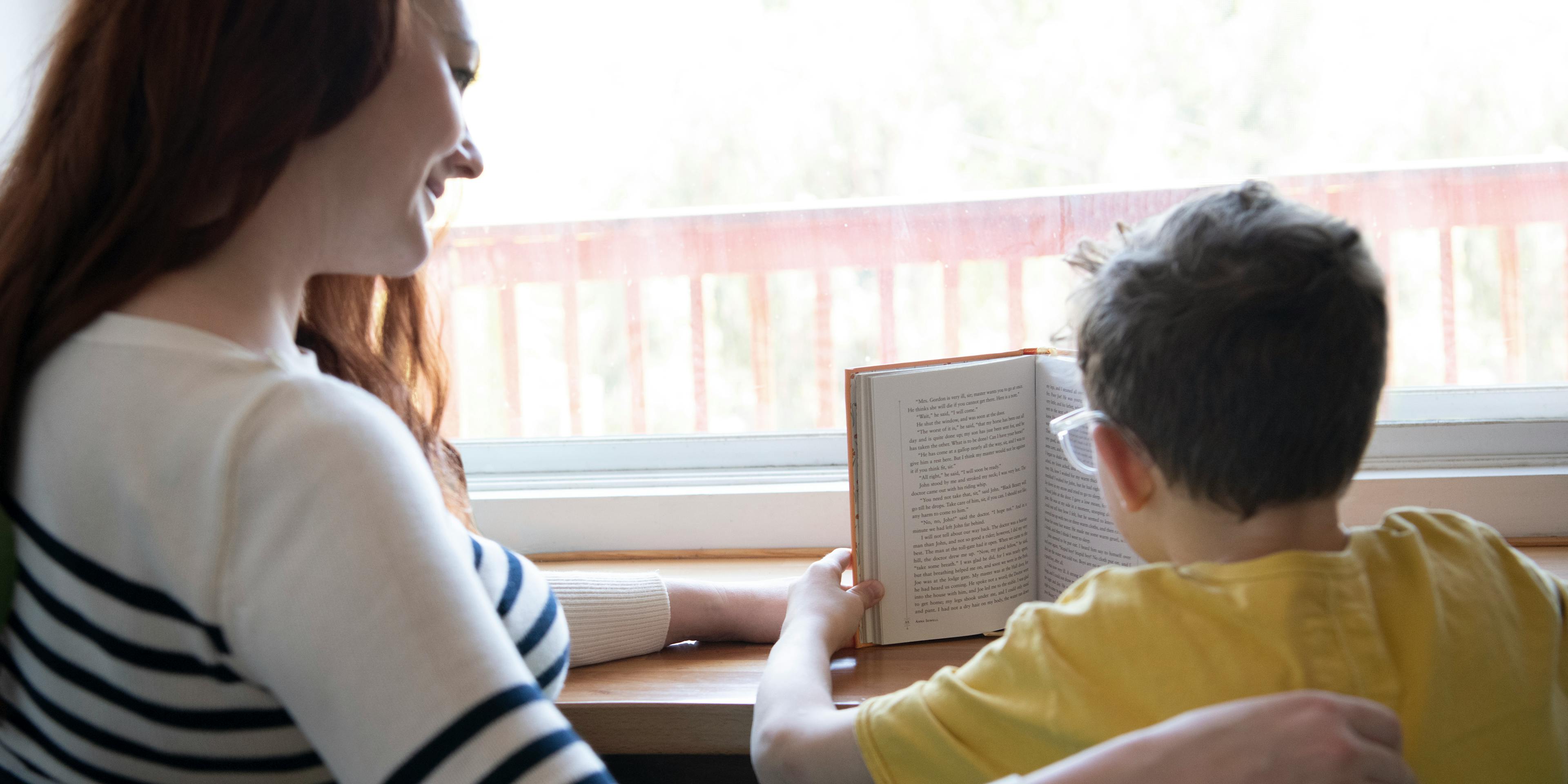August 19, 2025
What to Do When Your Kid Says, "I Hate Reading": Why it happens, and how to gently shift the story

Hearing your child say “I hate reading” can feel discouraging, especially when you know how important reading is for their success. Before you panic or push harder, know you’re not alone, and your child probably does not truly hate reading. More often, kids who say this are feeling frustrated, insecure, or bored, and they are still developing the words to explain it (Reading Rockets).
Instead of turning reading into a battleground, try to uncover what drives their resistance. According to child development expert Meghan Leahy, kids who dislike reading often feel like they are failing at it, or have yet to discover the right book that matches their interests and reading level (The Washington Post). This means your first step is curiosity. Ask open-ended questions, like “What don’t you like about reading?” or, “Is there a book you’ve ever enjoyed, even just a little?” From there, you can start rebuilding trust around reading time.
Never underestimate the power of your child’s teachers! Ask them what they observe and what suggestions they have to inspire more interest in reading at home. Educators will likely have recommendations for exciting books at your child’s reading level, and have insight into your specific child’s learning needs.
Consider creating space for small, low-pressure reading experiences. Let your child choose what they want to read, even if it’s graphic novels, audiobooks, or sports trivia. According to Great Schools, when kids have autonomy and feel emotionally safe while reading, they are far more likely to stick with it and develop confidence. Even reading with them can make a huge difference. Shared reading experiences model fluency and help build positive associations with reading.
Lastly, consider tools that make reading feel more like play than work. Apps like Rally Reader offer real-time support and gamified goals without the pressure of red pens or grades. When kids can see their progress (and start feeling good about it) they are more likely to try again tomorrow. Remember: your goal is to help your child feel seen, supported, and maybe even a little excited to turn the next page.
Learn more at Great Schools and Rally Reader.